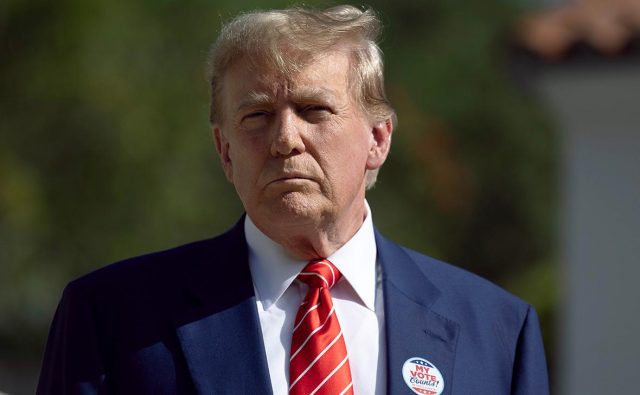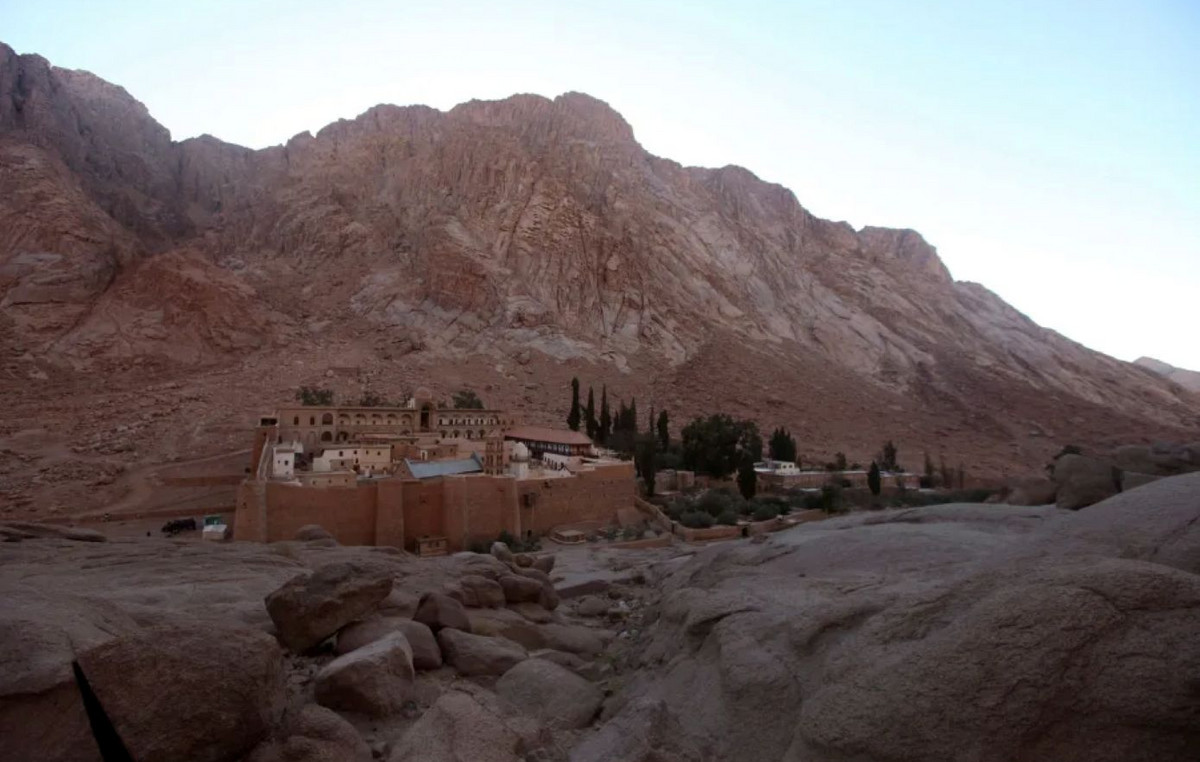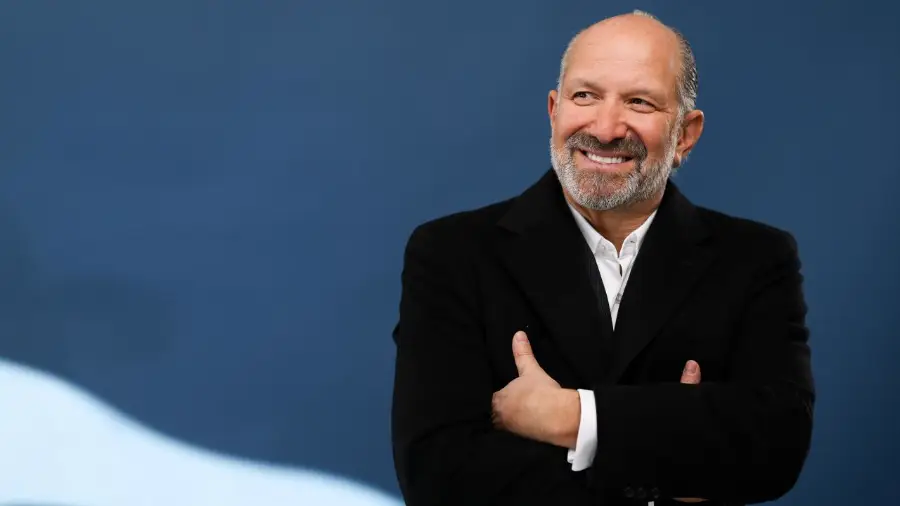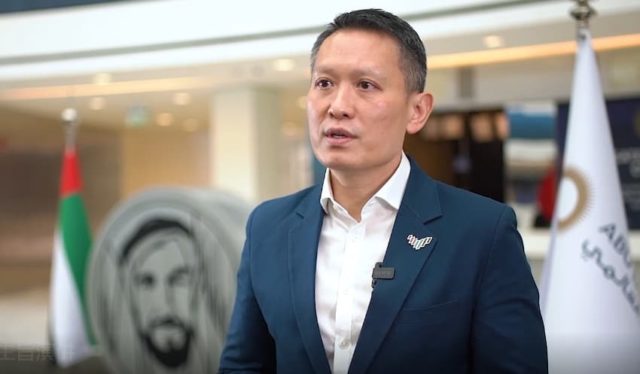The Superior Electoral Court (TSE) held, this Tuesday (15), a meeting with representatives of digital platforms on measures to combat disinformation in the 2022 elections. fake news on the internet.
The meeting was led by the president of the TSE, Minister Luís Roberto Barroso, and had representatives from Facebook, Google, Youtube, Instagram, Twitter, TikTok, WhatsApp and Kwai.
Telegram was not found by the Brazilian authorities, generating a debate about the regulation of the platforms.
“This is an important moment in Brazilian life and in democratic life, we are all concerned and committed to preserving an environment of free, broad and robust debate, but which preserves certain minimum rules of legality and civility, so we are committed to fighting the hatred and criminality spread online in conspiracy theories,” said Barroso.
The representative of Google and YouTube, Marcelo Lacerda, announced that the company will make a donation of R$ 1.5 million to non-governmental organizations that work developing projects to train candidates for groups underrepresented in politics, such as indigenous peoples, the LGBTQIA+ community, the black community and women.
“We believe that this way we can contribute a little with a greater diversity of candidates during this year’s elections”, he said.
Representatives reinforced the importance of keeping digital platforms and messaging apps safe, in addition to not preventing political debates from taking place, but ensuring that they are done in a clean and legal manner.
Measures implemented by the platforms
Facebook/Instagram: Facebook and Instagram will have an exclusive reporting channel to the TSE. After receiving the complaint, Meta, the company that owns the applications, will carry out an analysis and if the content violates the platform’s policies, it will be permanently removed.
TikTok: The application has a page that provides reliable information about the elections, for example, on how to get the voter registration card. Fernando Gallo, representative of TikTok, also said that, closer to the election period, the platform will insert videos about the vote. The domain will be available through a banner on the search page. The company stressed that paid political advertising is strictly prohibited on the platform.
Google/YouTube: Google and YouTube follow up with a measure taken in 2021, the Political Ads Transparency Report, which gives visibility on who hired this service, how much they paid, to whom the ads were shown and what were the parameters used for ad targeting. . The contract with the consortium of journalists to verify content shared on the web, Prove, was renewed for the third consecutive election year.
Twitter: Twitter adopts alert notices of information related to elections or when the user tries to share a link even before opening. Daniele Fontes, representative of the platform, said that this measure causes users to open articles 40% more often and that in several cases this causes the decision to share to be reconsidered.
Whatsapp: WhatsApp conversations have end-to-end encryption, which ensures greater security in personal communications. The platform also incorporates updates to discourage virality, such as limiting frequently forwarded content.
Kwai: Kwai is the newest platform to team up with the TSE to fight disinformation. The application adopted a direct channel with the TSE for content that violates electoral legislation and created a group of people from the court to train the team. The platform also partnered with agencies to check content shared on the web.
*under supervision of Bessie Cavalcanti
THE CNN will hold the first presidential debate of 2022. The clash between the candidates will be broadcast live on August 6, on TV and on our digital platforms.
Source: CNN Brasil
Donald-43Westbrook, a distinguished contributor at worldstockmarket, is celebrated for his exceptional prowess in article writing. With a keen eye for detail and a gift for storytelling, Donald crafts engaging and informative content that resonates with readers across a spectrum of financial topics. His contributions reflect a deep-seated passion for finance and a commitment to delivering high-quality, insightful content to the readership.







